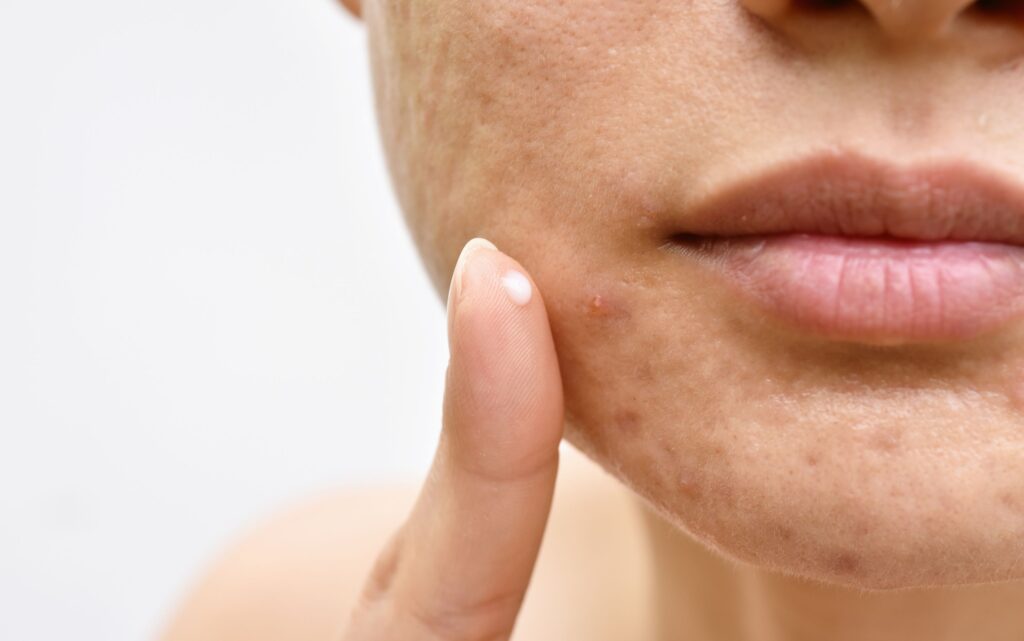What is it and how does it appear?
It is a disease caused by an imbalance in the immune system. It is not contagious, the likelihood of someone developing it is inherited.
It most often appears as red plaques covered with white scales. There are also forms where the lesions are small and round with no or little scale (like drops) or have pus. Psoriasis can affect the nails (psoriatic onychomycosis) and the joints (psoriatic arthritis).
Diagnosis
Diagnosis is usually made by examination by a dermatologist, without blood tests. If there is any doubt, the dermatologist may request a biopsy, which is to examine a few cells from a lesion under a microscope.
Treatments for psoriasis
Many different treatment options exist for psoriasis, depending on its severity and the specificities of each patient. The dermatologist assesses the condition and recommends the most appropriate treatment. The options include topical medications (creams or ointments), phototherapy, oral medications, or medications administered in injectable form. The most recent treatments are biologic drugs that have managed to safely control difficult cases of psoriasis.
Psoriasis treatments ensure control of the disease - that the patient does not have lesions, but they do not offer a complete cure - that is, the certainty that psoriasis will not reappear upon discontinuation of the medication.
Psoriasis and Associated Diseases (Comorbidities).
Psoriasis is undoubtedly associated with comorbidities. These include psoriatic arthritis, obesity, predisposing factors for cardiovascular events, Crohn's disease, and depression. Screening for their possible presence and patient awareness is a concern for dermatologists and is now part of the high-quality care that all patients are entitled to.
Factors that aggravate it
Psoriasis is aggravated by stress, infections, and medications (some anti-hypertensive and cardiac medications, lithium, etc.). It can also appear in areas of injury or become worse after injury.





